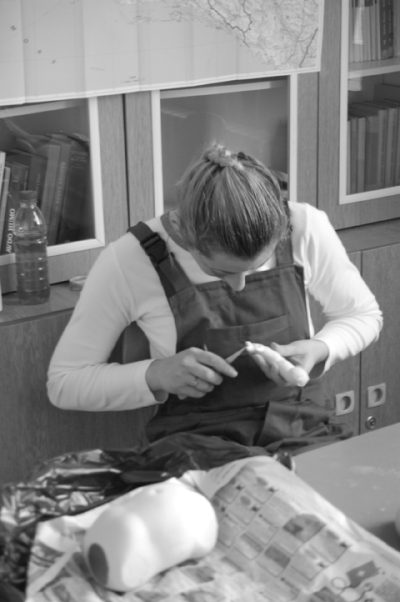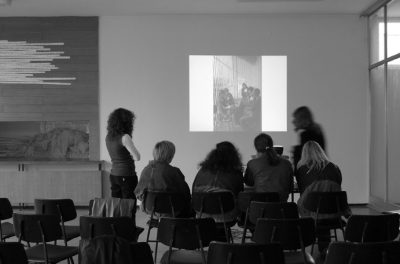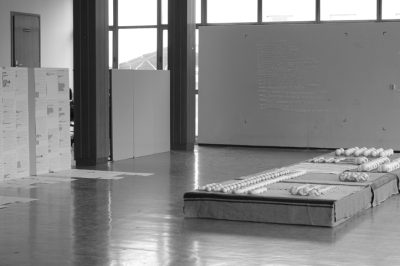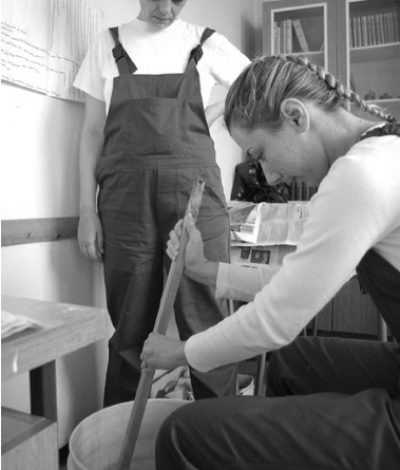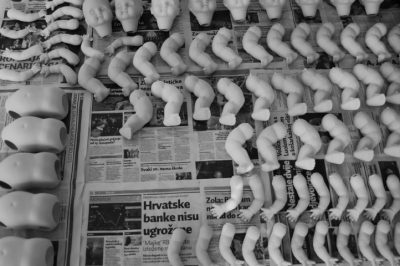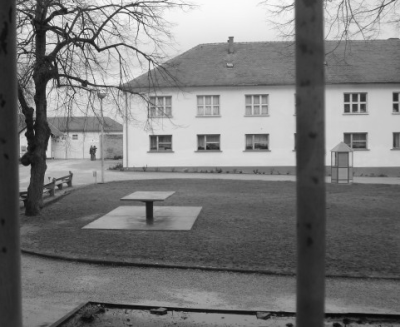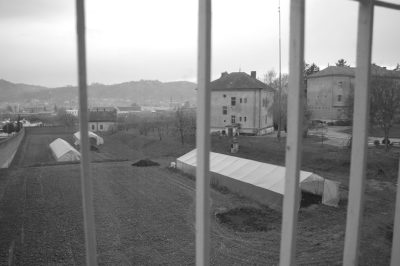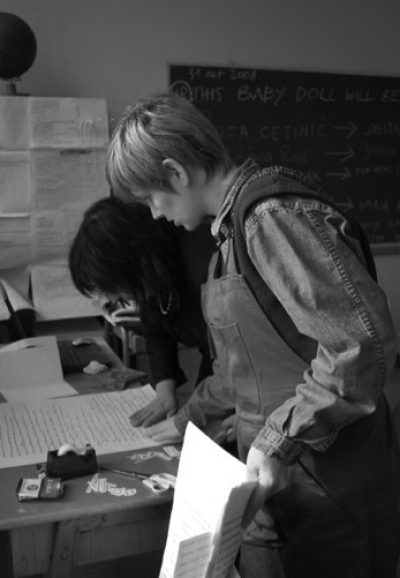TBDWBAJ at Kaznionica u Požegi
Project Realisation Požega
October – November 2008
Women’s State Prison (Kaznionica u Požegi), Požega, HR
Požega Prison is located in Croatia and is the only prison designated for female inmates.
General Information - Požega Prison
As of December 2022, Croatia operates 23 prison institutions, which include 6 penitentiaries, 12 prisons, 2 correctional institutes, a Centre for Psychosocial Diagnostics, and a prison hospital. The country’s only women's prison is located in Požega, while all other institutions serve male inmates.
The main prison building of Požega Prison was first erected at the end of the Austro-Hungarian Empire in 1915, initially serving as a correctional institution for young orphan boys involved in petty crime. However, with the arrival of more young girls, the facility became exclusively female in 1925. It briefly closed in 1941 and later re-opened as the Požega Prison that remains today.
The total prison population in Croatia amounts to 4,091 inmates, with women representing 5.9% of this figure, translating to around 240 female inmates. With a national population of approximately 3.85 million, the prison population rate stands at 106 inmates per 100,000 inhabitants. The most common crimes committed in Croatia include property offences such as theft and burglary, drug-related offences, and violent crimes, notably assault.
General Info Drug Crimes in Croatia
While drug use itself has been decriminalised—leading to administrative fines rather than criminal prosecution—drug trafficking and possession with intent to distribute remain serious criminal offences. The most prevalent drug-related crimes in Croatia involve trafficking and possession for sale. Although exact statistics on the number of inmates with drug addictions are unavailable, it is estimated that a significant proportion of the prison population has either been incarcerated for drug-related offences or has a history of drug addiction.
Croatia's prisons offer therapy and rehabilitation programmes for inmates with substance abuse issues, but data on the success of these programmes and recidivism rates remain unclear. Nonetheless, efforts to provide psychosocial support and address addiction issues are ongoing.

